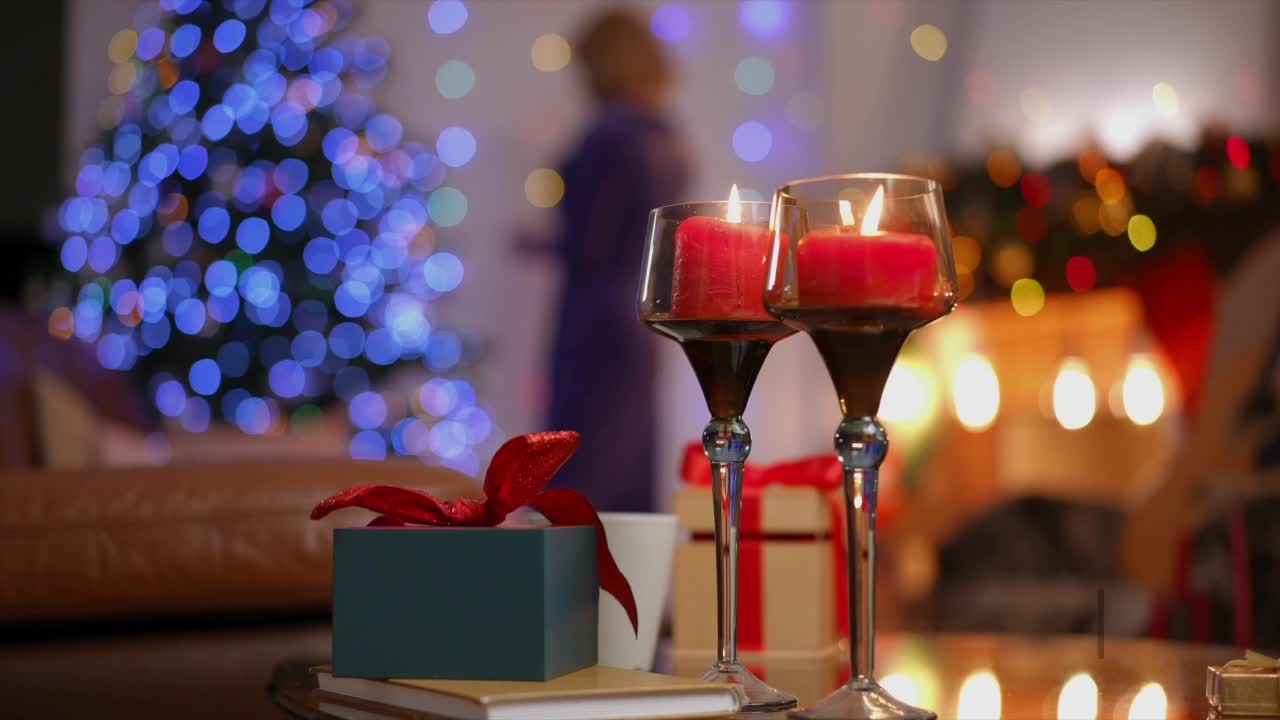Staying safe is always top of mind when it comes to staying warm— especially with severe weather coming!
Some of the biggest comforts can become the biggest dangers if you're not careful.
Candles
They're beautiful this time of year, and their uptick in use makes December the peak month for home fires caused by candles with more than half starting because the flame was too close to something that could catch fire.
Keep at least 1 foot of space between your candle and anything burnable, use a sturdy candle holder, and keep them out of the bedroom and away from clutter. If you have pets or kids, keep them off surfaces your they can reach.
Remember to blow out the flame before leaving the room and consider using flameless candles.
Christmas Trees
About 250 fires will start with a Christmas tree, according to U.S. fire data. Nearly half are electrical problems, while 1/4 come from a heat source too close to the branches.
Fake trees should be certified as fire retardant, while fresh trees should be watered daily to keep the danger down. If you didn't cut it yourself, cut a couple inches off the base of the trunk to ensure proper water absorption. Then dispose of your tree quickly after the holiday is done.
Make sure your tree doesn't block an exit and is at least 3 feet from any heat sources. Lights should be turned off before leaving the room or going to bed.
Take down outdoor lighting after the holidays to avoid hazards like wind, rain, and critters that will just whittle down their life-expectancy.
—Do not ever use a lit candle to decorate the tree—
Space Heaters
Equipment that isn't designed to provide primary heat for a home account for half of all fires from December through February.
While using one might not be avoidable short-term as the more frightful weather hits, being safe is your choice.
Turn them off when leaving the room or going to bed. Do not plug them into an extension cord or power strip— always directly into the wall outlet.
The safest heaters have been tested by a nationally recognized lab, and will turn off if tipped over.
If you lose power, it's best to prepare the home to the cold then head to a neighbor or family member who has power. If you're struggling to keep your power on or pay your utilities, call 211 for help.
Remember: generators should be used outside, away from the home and any ventilation. Never in the garage or car port, and keep blowing snow off of them. Check batteries on all smoke detectors and carbon monoxide alarms and change them if they're low.




